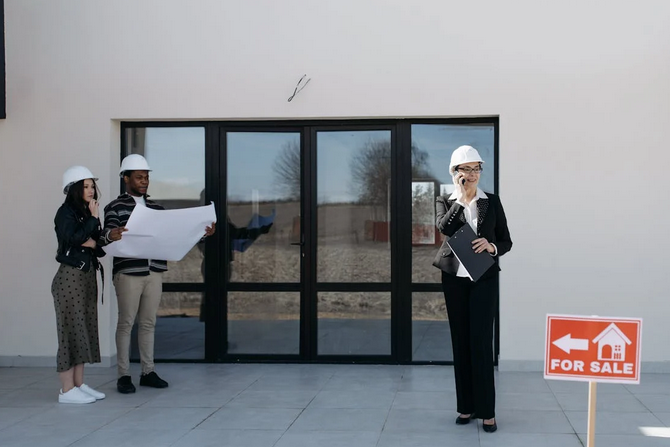
Selling your home is a significant decision that various factors, including market conditions, seasonality, and personal circumstances, can influence. Understanding the nuances of timing in the real estate market can make a big difference in the success of your home sale.
Understanding Market Conditions
Before putting your home on the market, note that getting more for your home sale is possible as long as you understand the current market trend. It’s essential to assess the current state of the real estate market in your area. Market conditions can fluctuate between a seller’s market, where demand exceeds supply, and a buyer’s market, where supply exceeds demand.
- Seller’s Market: In a seller’s market, there are more buyers than available homes for sale, leading to increased competition among buyers and potentially higher selling prices.
- Buyer’s Market: In a buyer’s market, there are more homes for sale than buyers, giving buyers the upper hand in negotiations and potentially leading to lower selling prices.
Keep an eye on local housing market trends, such as inventory levels, median sale prices, and average days on the market, to gauge whether it’s an advantageous time to sell.
Seasonal Considerations

Seasonality plays a significant role in the real estate market, with certain times of the year experiencing higher buyer activity than others. While you can sell your home at any time, understanding the seasonal patterns can help you strategically time your listing for optimal results.
- Spring: Spring is traditionally considered the busiest season for real estate. Warmer weather and longer daylight hours often lead to increased buyer activity, making it an excellent time to list your home.
- Summer: Summer can also be a favorable time to sell, especially in areas with strong tourism or desirable outdoor amenities.- **Fall**: While buyer activity may slow down slightly in the fall, serious buyers often emerge, eager to purchase before the holiday season.
- Winter: Selling in winter can be challenging, as colder weather and holiday festivities may dampen buyer enthusiasm. However, less competition from other sellers could work in your favor.
When determining the best time to list your home, consider your local climate, school schedules, and holiday traditions.
Economic Factors
Economic indicators, such as interest rates, job growth, and consumer confidence, can also impact the real estate market. Low interest rates, a strong job market, and positive economic outlooks can stimulate buyer demand and drive home prices up.
- Interest Rates: Falling interest rates can make homeownership more affordable for buyers, potentially increasing demand for homes.
- Job Growth: Areas experiencing robust job growth often attract relocating workers in search of housing, boosting demand for homes.
- Consumer Confidence: High levels of consumer confidence can encourage prospective buyers to make significant financial decisions, such as purchasing a home.
Keep an eye on economic trends and indicators to gauge buyer confidence and market activity.
Personal Circumstances

In addition to market conditions and seasonal factors, your personal circumstances should also play a role in determining the timing of your home sale. Consider factors such as:
- Life Events: Major life events, such as job relocations, marriage, divorce, or growing families, may necessitate a home sale.
- Financial Goals: Evaluate your financial goals and timeline for selling your home. Do you need to sell quickly, or are you willing to wait for the right offer?
- Home Preparation: Allow sufficient time to prepare your home for sale, including decluttering, repairs, and staging.
Timing your home sale for success requires careful consideration of market conditions, seasonal factors, economic indicators, and personal circumstances. By understanding the nuances of timing in the real estate market and working with a knowledgeable real estate agent, you can strategically position your home to attract qualified buyers and achieve a successful sale.